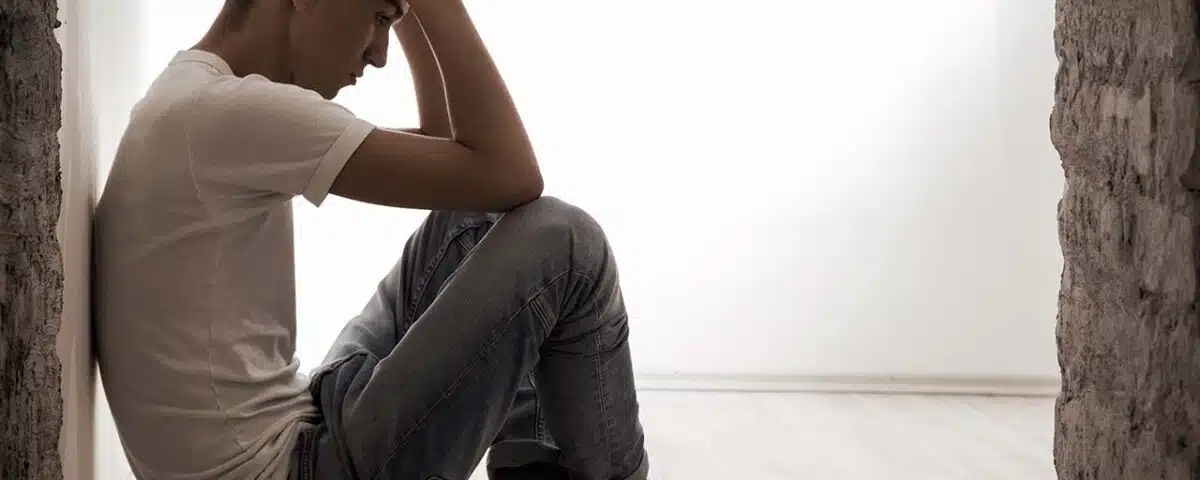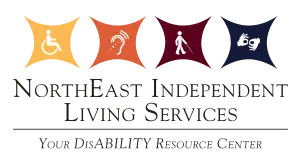
As a society, many people overlook disabilities that are not visible to the naked eye. We tend to think of physical impairments, such as blindness or paralysis, when discussing disability, but there are many other types of impairment that can be just as debilitating.
Invisible disabilities include:
- Chronic illnesses like diabetes and asthma
- Mental health conditions, such as depression and anxiety
- Learning difficulties like dyslexia
- Hearing loss and speech impediments
- Autism spectrum disorders (ASD)
- Neurological conditions, including Alzheimer’s disease, Parkinson’s Disease, multiple sclerosis (MS), and traumatic brain injuries (TBI)
- & many more
Living with an invisible disability can be isolating. It can be difficult for others to understand what others are going through when they cannot see it themselves. People may assume that those living with an invisible disability do not need accommodations or support in the same way someone who has a visible impairment would—which isn’t true at all. It’s important to remember that everyone should have access to resources, regardless of whether their disability can be physically seen or not.
There are also unique challenges faced by individuals living with invisible disabilities. Lack of awareness about these issues within our communities, including difficulty accessing appropriate medical care, leads to a lower quality of life. Additionally, people living with these kinds of impairments often face discrimination, whether that be from coworkers, employers, businesses, or society in general. Invisible disabilities that aren’t taken seriously can also lead to a decline in mental health.
Fortunately, there have been great strides made towards a greater understanding of invisible disabilities. Increased visibility on social media platforms highlighting stories from those affected by unseen ailments helps raise awareness and create empathy among the general public. Disability Awareness Programs, such as the one offered by NorthEast Independent Living Services, educates communities on equal opportunities and the importance of acceptance and inclusion.
By working together to promote awareness and a higher quality of life, we can truly make a difference for those with invisible disabilities.
Interested in learning more about our Disability Awareness Programs and Presentations? Send us a message or give us a call at (573) 221-8282.
